Here are my favorite poems about character categorized:
- Poems about character and integrity
- Poems about building character
- Poems about character development
- Poems that talk about a character
- Poems about God’s character
- Poems about Christian character
- Famous poems about character
So if you want the best poems about character, then you’re in the right place.
Let’s jump right in!
- 103 Fearless Poems About Attitude
- 95 Empowering Poems About Money
- 35 Valiant Poems About Heroes
- 23 Compelling Poems About Individuality
- 47 Freeing Poems About Being Yourself
- 63 Unshackling Poems About Freedom
- 35 Captivating Poems About Self-Love

Exciting Poems About Character

Brace yourself for an immersive journey as our curated collection of poems about character ignite a spark within you to embrace your own journey of self-discovery, all in one treasure trove waiting for you to unveil.
From poems that emphasize the importance of having relentless integrity to one’s character to poems from famous authors that touch even the toughest of hearts, you can find all of them here.
Join us on a poetic exploration that inspires, uplifts, and challenges, as this collection unveils the power of words to illuminate the depths of the human experience.
Ready to get inspired?
Let’s get right to it!
My #1 Favorite Poem About Character

“Wake Cry” by Waring Cuney
He was a good man.
All men have to die.
O Death,
Did you ever
Fall on your knees
In tears an’ cry?
He was a good man,
Hear the widow moan.
O Death,
Do you weep—
Or is your heart
Made o’ stone?
Poems About Character and Integrity
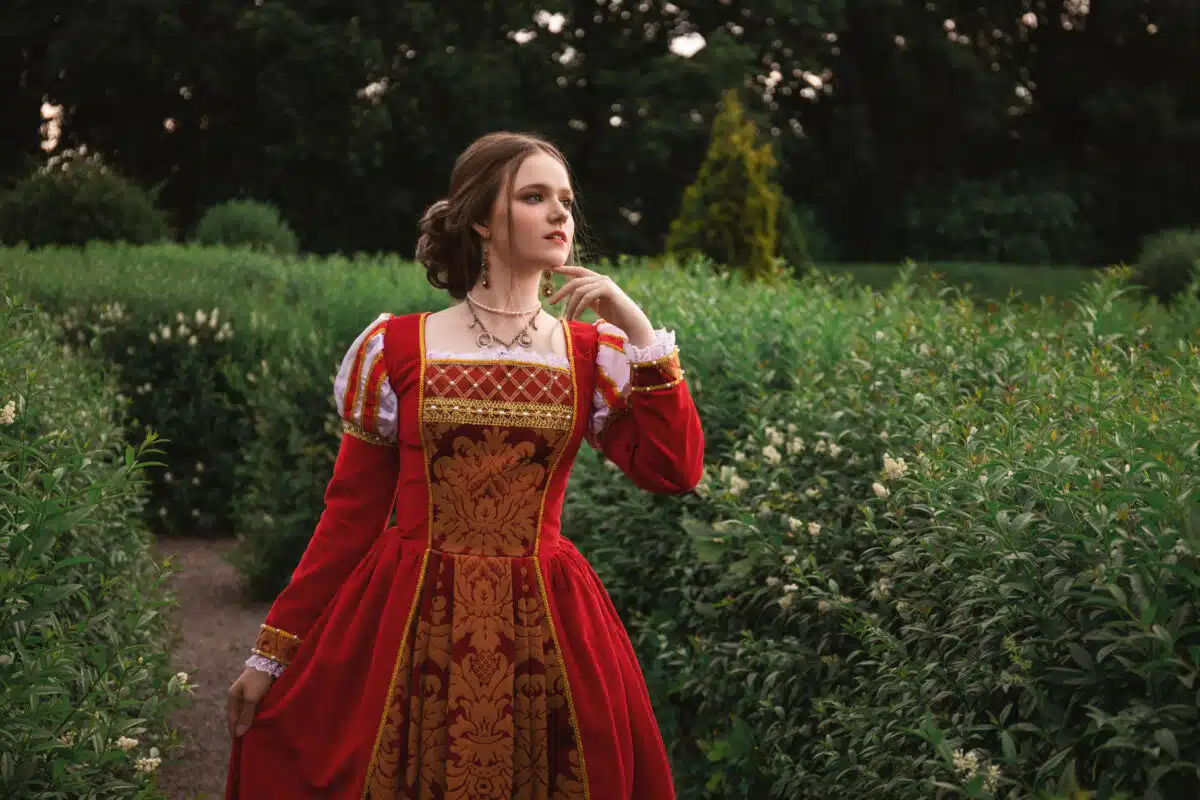
“Worthy the Name of ‘Sir Knight’” by Ella Wheeler Wilcox
Sir knight of the world’s oldest order,
sir knight of the army of god,
you have crossed the strange mystical border,
the ground-floor of truth you have trod;
you stand on the typical threshold
which leads to the temple above;
where you come as a stone, and a christ-chosen one,
in the kingdom of friendship and love.
As you stand in this new realm of beauty,
where each man you meet is your friend,
think not that your promise of duty
in hall, or asylum, shall end.
Outside, in the great world of pleasure.
Beyond in the clamour of trade,
in the battle of life and its coarse daily strife,
remember the vows you have made.
Your service, majestic and solemn,
your symbols, suggestive and sweet,
your uniform phalanx in column
on gala-days marching the street;
your sword and your plume and your helmet,
your ‘secrets’ hid from the world’s sight;
these things are the small, lesser parts of the all
which are needed to form the true knight.
The martyrs who perished rejoicing,
in templary’s glorious laws,
who died ‘midst the faggots while voicing
the glory and worth of their cause –
they honoured the title of ‘templar’
no more than the knight of to-day,
who mars not the name with one blemish of shame,
but carries it clean through life’s fray.
To live for a cause; to endeavour
to make your deeds grace it; to try
and uphold its precepts for ever,
is harder by far than to die.
For the battle of life is unending,
the enemy, self, never tires,
and the true knight must slay that sly foe every day,
ere he reaches the heights he desires.
Sir knight, have you pondered the meaning
of all you have heard and been told?
Have you strengthened your heart for its weaning
from vices and faults loved of old?
Will you honour, in hours of temptation,
your promises noble and grand?
Will your spirit be strong to do battle with wrong,
‘and, having done all, to stand’?
Will you ever be true to a brother
in actions as well as in creed?
Will you stand by his side as no other
could stand, in the hour of his need?
Will you boldly defend him from peril,
and lift from him poverty’s curse –
will the promise of old, which you willingly made,
reach down from your lips to your purse?
The world’s battle-field is before you:
let wisdom walk close by your side,
let faith spread her snowy wings o’er you,
let truth be your comrade and guide;
let fortitude, justice, and mercy
direct all your conduct aright,
and let each word and act tell to men the proud fact,
you are worthy the name of ‘sir knight. ‘
“Extracts From the Pastime of Pleasure: The Character of a True Knight” by Stephen Hawes
Foe knyghthode is not in the feates of warre
as for to fight in quarrell ryght or wrong,
but in a cause which trouthe can not defarre.
He ought himselfe for to make sure and strong
justice to kepe, myxt with mercy among,
and no quarell a knyght ought to take
but for a trouthe, or for a wommans sake.
For first good hope his legge harneyes shoulde be,
his habergion, of perfect ryghteousnes
gyrde fast wyth the girdle of chastitie.
His riche placarde shoulde be good busines
brodred with almes so full of larges;
the helmet, mekenes, and the shelde, good fayeth,
his swerde gods word, as saynt paule sayeth.
Also true wydowes he ought to restore
unto their ryght, for to attayne their dower;
and to vpholde, and mayntayne euermore
the wealth of maydens, wyth his myhty power,
and to his souerayne at euery maner hower
to be ready, true, and eke obeysaunt,
in stable loue fyxte, and not variaunt.
“Character of the Happy Warrior” by William Wordsworth
Who is the happy Warrior? Who is he
That every man in arms should wish to be?
It is the generous Spirit, who, when brought
Among the tasks of real life, hath wrought
Upon the plan that pleased his boyish thought:
Whose high endeavours are an inward light
That makes the path before him always bright;
Who, with a natural instinct to discern
What knowledge can perform, is diligent to learn;
Abides by this resolve, and stops not there,
But makes his moral being his prime care;
Who, doomed to go in company with Pain,
And Fear, and Bloodshed, miserable train!
Turns his necessity to glorious gain;
In face of these doth exercise a power
Which is our human nature’s highest dower:
Controls them and subdues, transmutes, bereaves
Of their bad influence, and their good receives:
By objects, which might force the soul to abate
Her feeling, rendered more compassionate;
Is placablebecause occasions rise
So often that demand such sacrifice;
More skilful in self-knowledge, even more pure,
As tempted more; more able to endure,
As more exposed to suffering and distress;
Thence, also, more alive to tenderness.
‘Tis he whose law is reason; who depends
Upon that law as on the best of friends;
Whence, in a state where men are tempted still
To evil for a guard against worse ill,
And what in quality or act is best
Doth seldom on a right foundation rest,
He labours good on good to fix, and owes
To virtue every triumph that he knows:
Who, if he rise to station of command,
Rises by open means; and there will stand
On honourable terms, or else retire,
And in himself possess his own desire;
Who comprehends his trust, and to the same
Keeps faithful with a singleness of aim;
And therefore does not stoop, nor lie in wait
For wealth, or honours, or for worldly state;
Whom they must follow; on whose head must fall,
Like showers of manna, if they come at all:
Whose powers shed round him in the common strife,
Or mild concerns of ordinary life,
A constant influence, a peculiar grace;
But who, if he be called upon to face
Some awful moment to which Heaven has joined
Great issues, good or bad for human kind,
Is happy as a Lover; and attired
With sudden brightness, like a Man inspired;
And, through the heat of conflict, keeps the law
In calmness made, and sees what he foresaw;
Or if an unexpected call succeed,
Come when it will, is equal to the need:
He who, though thus endued as with a sense
And faculty for storm and turbulence,
Is yet a Soul whose master-bias leans
To homefelt pleasures and to gentle scenes;
Sweet images! which, wheresoe’er he be,
Are at his heart; and such fidelity
It is his darling passion to approve;
More brave for this, that he hath much to love:
‘Tis, finally, the Man, who, lifted high,
Conspicuous object in a Nation’s eye,
Or left unthought-of in obscurity,
Who, with a toward or untoward lot,
Prosperous or adverse, to his wish or not
Plays, in the many games of life, that one
Where what he most doth value must be won:
Whom neither shape or danger can dismay,
Nor thought of tender happiness betray;
Who, not content that former worth stand fast,
Looks forward, persevering to the last,
From well to better, daily self-surpast:
Who, whether praise of him must walk the earth
For ever, and to noble deeds give birth,
Or he must fall, to sleep without his fame,
And leave a dead unprofitable name,
Finds comfort in himself and in his cause;
And, while the mortal mist is gathering, draws
His breath in confidence of Heaven’s applause:
This is the happy Warrior; this is He
That every Man in arms should wish to be.
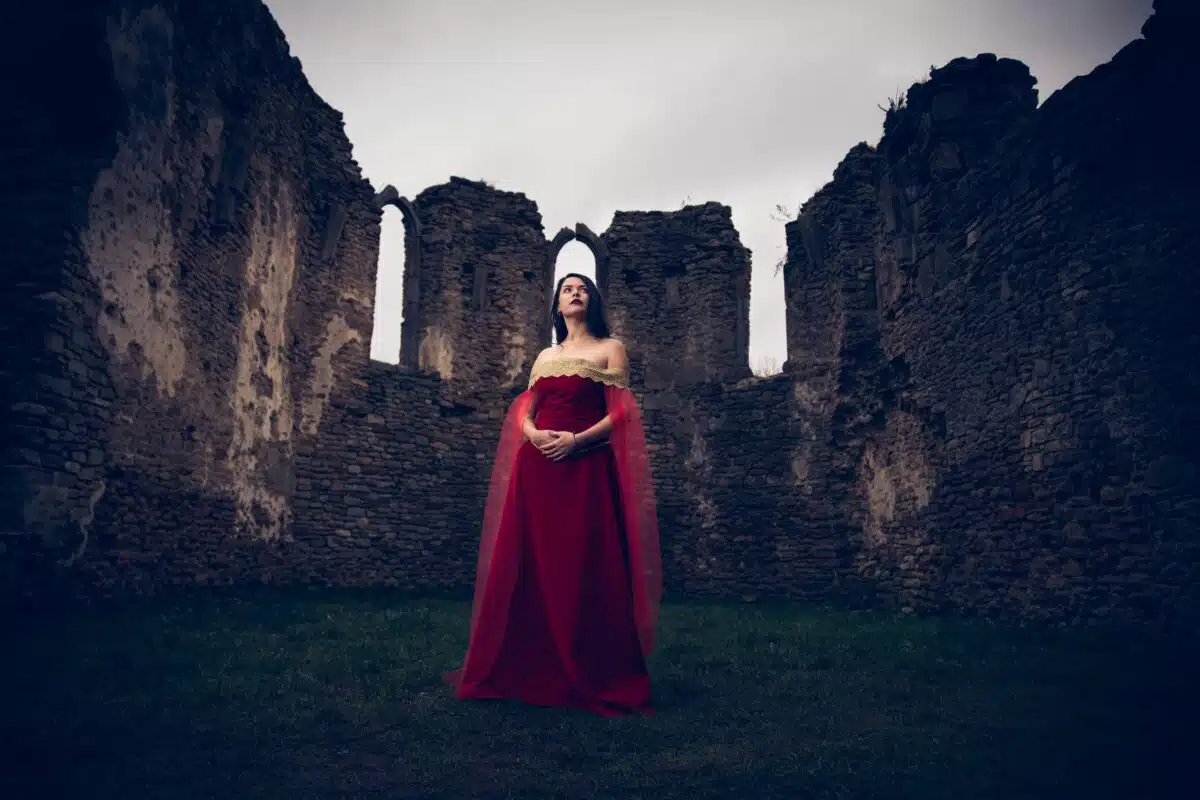
“Character of the Duke of Monmouth” by John Dryden
Early in foreign fields he won renown,
With kings and states allied to Israel’s crown:
In peace the thoughts of war he could remove,
And seemed as he were only born for love.
Whate’er he did was done with so much ease,
In him alone ’twas natural to please;
His motions all accompanied with grace;
And paradise was opened in his face.
Poems About Building Character
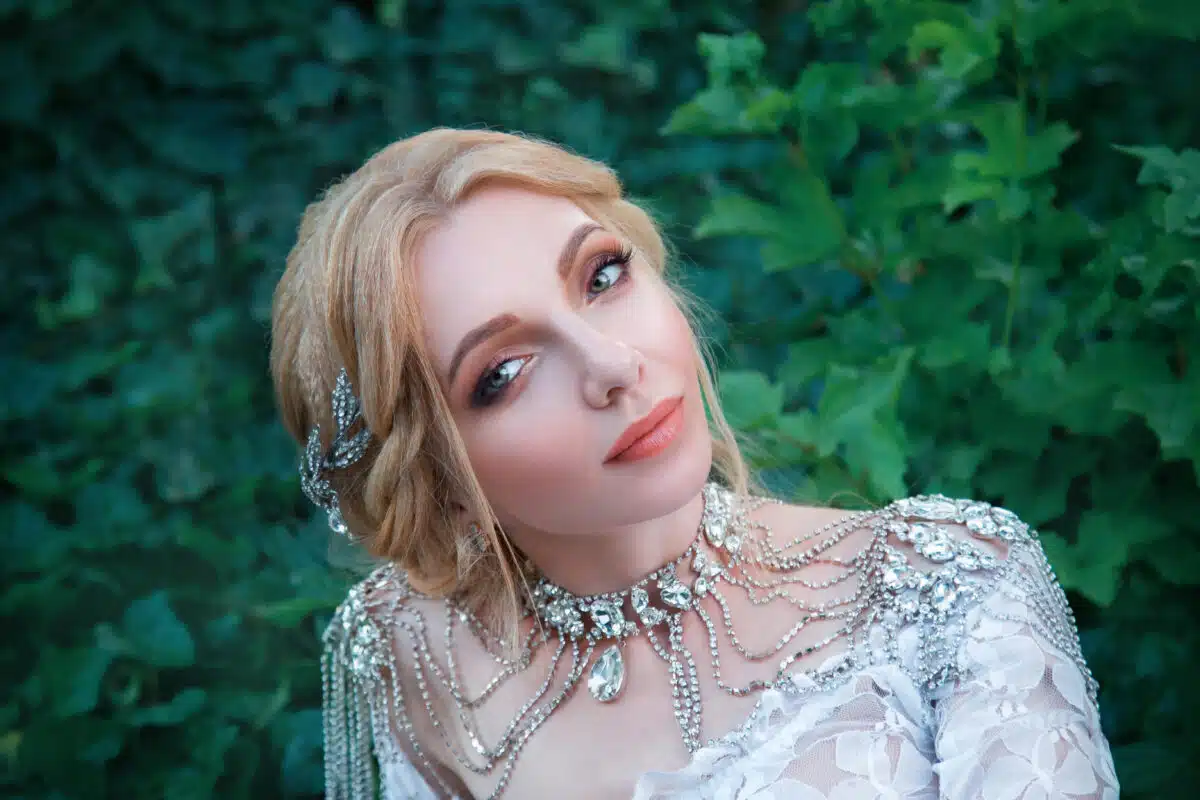
“A Good Fellow” by William F. Kirk
Dey tal me ay ban a gude faller.
Ay guess dey ban right; but, yee whiz!
Ef yu ever ban a gude faller,
Yu know ’bout how costly it is.
Ay vork op in voods since Nowember,
And ban op on drive all the spring,
And den ay com down har in city
And vatch all my riches tak ving.
Oh, yes, ay ban yolly gude faller, –
All venter ay eat pork and beans;
Ay only ban har since last Monday,
Now ay ant got cent in my yeans.
Dese geezers dat call me “Old Stocking,”
And pat me lak hal on the back,
Skol give me gude snub ’bout to-morrow,
And calling me “slob lumberyack!”
Ay meet bunch of fallers last Monday,
Yust after ay cashing my check;
Ay s’pose dat ay have it all coming.
Val, ay getting it gude, right in neck.
Ay meet little blonde, her name’s Yulia,
Ay tenk dis har Yulia ban Yew;
She touch me for ’bout saxty dollars,
And little gold watch ay have, tu.
But Yulia she call me gude faller,
Ay s’pose she tenk dat vill help some;
And all of dem call me gude faller,
And helping to put me on bum.
Val, back to the pines, Maester Olaf,
And driving yure old team of mules.
Put dis in yure pipe, tu, and smoke it:
Gude fallers ban mostly dam fules.
“Sonnets of Character” by Amos Bronson Alcott
CHANNING
CHANNING! my Mentor whilst my thought was young,
And I the votary of fair liberty,—
How hung I then upon thy glowing tongue,
And thought of love and truth as one with thee!
Thou wast the inspirer of a nobler life,
When I with error waged unequal strife,
And from its coils thy teaching set me free.
Be ye, his followers, to his leading true,
Nor privilege covet, nor the wider sway;
But hold right onward in his loftier way,
As best becomes, and is his rightful due.
If learning’s yours,—gifts God doth least esteem,—
Beyond all gifts was his transcendent view;
O realize his Pentecostal dream!
EMERSON
MISFORTUNE to have lived not knowing thee!
’T were not, high living, nor to noblest end,
Who, dwelling near, learned not sincerity,
Rich friendship’s ornament that still doth lend
To life its consequence and propriety.
Thy fellowship was my culture, noble friend:
By the hand thou took’st me, and did’st condescend
To bring me straightway into thy fair guild;
And life-long hath it been high compliment
By that to have been known, and thy friend styled,
Given to rare thought and to good learning bent;
Whilst in my straits an angel on me smiled.
Permit me, then, thus honored, still to be
A scholar in thy university.
MARGARET FULLER
THOU, Sibyl rapt! whose sympathetic soul
Infused the myst’ries thy tongue failed to tell;
Though from thy lips the marvellous accents fell,
And weird wise meanings o’er the senses stole,
Through those rare cadences, with winsome spell;
Yet, even in such retrainings of thy voice,
There struggled up a wailing undertone,
That spoke thee victim of the Sisters’ choice,—
Charming all others, dwelling still alone.
They left thee thus disconsolate to roam,
And scorned thy dear, devoted life to spare.
Around the storm-tost vessel sinking there
The wild waves chant thy dirge and welcome home;
Survives alone thy sex’s valiant plea,
And the great heart that loved the brave and free.
THOREAU
WHO nearer Nature’s life would truly come
Must nearest come to him of whom I speak;
He all kinds knew,—the vocal and the dumb;
Masterful in genius was he, and unique,
Patient, sagacious, tender, frolicsome.
This Concord Pan would oft his whistle take,
And forth from wood and fen, field, hill, and lake,
Trooping around him, in their several guise,
The shy inhabitants their haunts forsake:
Then he, like Esop, man would satirize,
Hold up the image wild to clearest view
Of undiscerning manhood’s puzzled eyes,
And mocking say, “Lo! mirrors here for you:
Be true as these, if ye would be more wise.”
GARRISON
FREEDOM’S first champion in our fettered land!
Nor politician nor base citizen
Could gibbet thee, nor silence, nor withstand.
Thy trenchant and emancipating pen
The patriot Lincoln snatched with steady hand,
Writing his name and thine on parchment white,
’Midst war’s resistless and ensanguined flood;
Then held that proclamation high in sight
Before his fratricidal countrymen,—
“Freedom henceforth throughout the land for all,”—
And sealed the instrument with his own blood,
Bowing his mighty strength for slavery’s fall;
Whilst thou, stanch friend of largest liberty,
Survived,—its ruin and our peace to see.
“A Character” by Menella Bute Smedley
So noble that he cannot see
He stands in aught above the rest,
But does his greatness easily,
And mounts his scaffold with a jest;
Not vaunting any daily death,
Because he scorns the thing that dies,
And not in love with any breath
That might proclaim him grand or wise.
Not much concerned with schemes that show
The counterchange of weak with strong,
But never passing by a woe,
Nor sitting still to watch a wrong.
Of all hearts careful save his own;
Most tender when he suffers most;
Wont, if a foe must be o’erthrown,
To count, but never grudge the cost.
Sharp insight, severing with a glance
Greater from less, from substance shade;
Faith, in gross darkness, of mischance
Unable to be much afraid;
Out-looking eyes that seek and scan,
Ready to love what they behold;
Quick reverence for his brother-man;
Quick sense where gilding is not gold.
Such impulse of his self-control,
It seems a voluntary grace,
The careless grandeur of a soul
That holds no mirror to its face.
True sympathy, a light that grows
And broadens like the summer morn’s;
A hope that trusts before it knows,
Being out of tune with all the scorns.
On-moving, temperately intent
On radiant ends by means as bright,
And never cautious, but content
With all the bitter fruits of right.
Under this shade the tired may lie,
Worn with the greatness of their way;
Under this shield the brave may die,
Aware that they have won the day.
For such a leader lifts his times
Out of the limits of the night,
And, falling grandly, while he climbs,
Falls with his face toward the height.
Poems About Character Development

“A Good Man” by James Whitcomb Riley
I
A good man never dies –
In worthy deed and prayer
And helpful hands, and honest eyes,
If smiles or tears be there:
Who lives for you and me –
Lives for the world he tries
To help – he lives eternally.
A good man never dies.
II
Who lives to bravely take
His share of toil and stress,
And, for his weaker fellows’ sake,
Makes every burden less, –
He may, at last, seem worn –
Lie fallen – hands and eyes
Folded – yet, though we mourn and mourn,
A good man never dies.
“A Character, Drawn from the Life” by Thomas James Judkin
An old man with a fiddle in his hand,
Which oft on village green, at wake, or fair,
Gave motion to the feet of many a pair
Of hand-linked swains; the roamer of a band,
Who, holding neither right in house or land,
Live by the hedges in the open air;
He, with a stooping body ghostly spare,
A guileful eye, and rutted cheek long tanned
By sun, dew, wind, and rain, to sallow brown,
Besought our passing dole. “’T is hard,” he said,
“At fourscore years to struggle up and down
This awesome country for one’s daily bread.”
Then, scraping from his crazy instrument
A sprightly air, in sadness on he went.
“The Good Man.” by James McIntyre
Cheerful and happy was his mood,
He to the poor was kind and good,
And he oft’ times did find them food,
Also supplies of coal and wood,
He never spake a word was rude,
And cheer’d those did o’er sorrows brood,
He passed away not understood,
Because no poet in his lays
Had penned a sonnet in his praise,
‘Tis sad, but such is world’s ways.
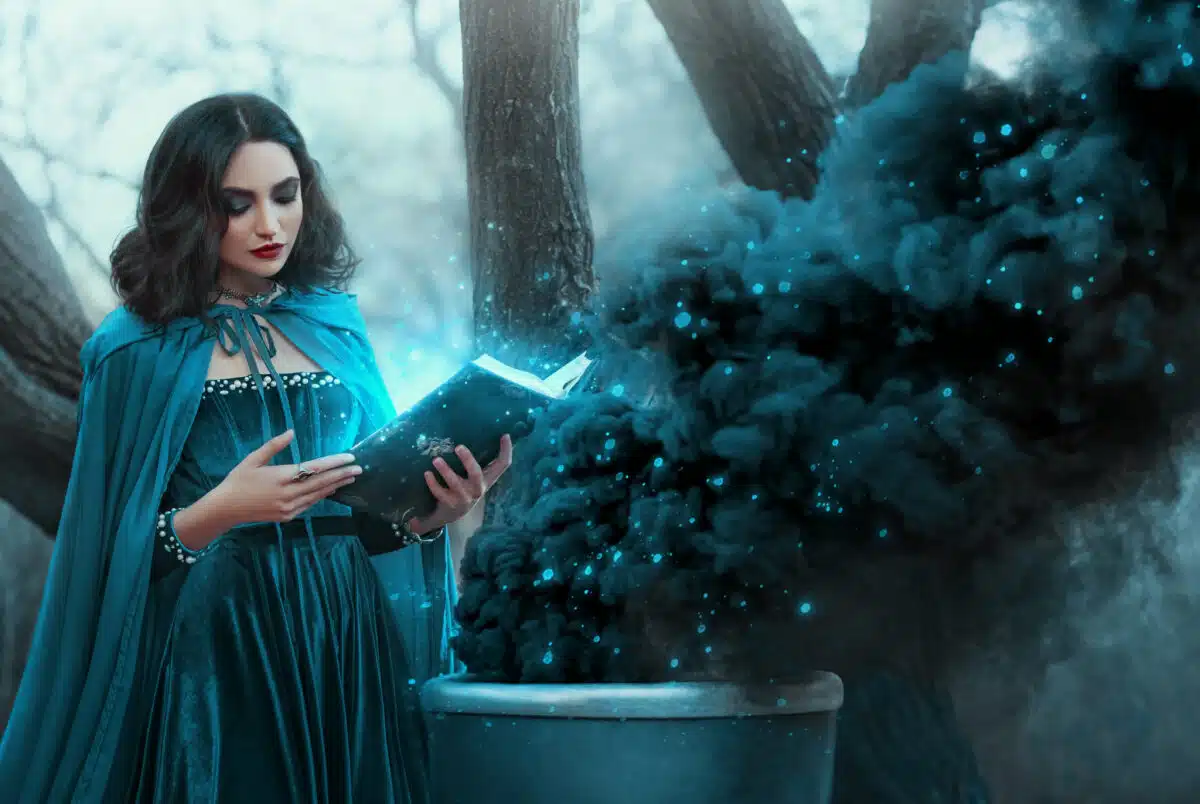
“A Good Husband.” by Robert Herrick
A Master of a house, as I have read,
Must be the first man up, and last in bed.
With the sun rising he must walk his grounds;
See this, view that, and all the other bounds:
Shut every gate; mend every hedge that’s torn,
Either with old, or plant therein new thorn;
Tread o’er his glebe, but with such care, that where
He sets his foot, he leaves rich compost there.
Poems That Talk About a Character

“Personality” by Archibald Lampman
O differing human heart,
Why is it that I tremble when thine eyes,
Thy human eyes and beautiful human speech,
Draw me, and stir within my soul
That subtle ineradicable longing
For tender comradeship?
It is because I cannot all at once,
Through the half-lights and phantom-haunted mists
That separate and enshroud us life from life,
Discern the nearness or the strangeness of thy paths
Nor plumb thy depths.
I am like one that comes alone at night
To a strange stream, and by an unknown ford
Stands, and for a moment yearns and shrinks,
Being ignorant of the water, though so quiet it is,
So softly murmurous,
So silvered by the familiar moon.
“Character of Charles Brown” by John Keats
I.
He is to weet a melancholy carle:
Thin in the waist, with bushy head of hair
As hath the seeded thistle when in parle
It holds the Zephyr, ere it sendeth fair
Its light balloons into the summer air;
Therto his beard had not begun to bloom,
No brush had touch’d his chin or razor sheer;
No care had touch’d his cheek with mortal doom,
But new he was and bright as scarf from Persian loom.
II.
Ne cared he for wine, or half-and-half;
Ne cared he for fish or flesh or fowl,
And sauces held he worthless as the chaff,
He ‘sdeigned the swine-head at the wassail-bowl;
Ne with lewd ribbalds sat he cheek by jowl,
Ne with sly Lemans in the scorner’s chair;
But after water-brooks this Pilgrim’s soul
Panted, and all his food was woodland air
Though he would oft-times feast on gilliflowers rare.
III.
The slang of cities in no wise he knew,
Tipping the wink to him was heathen Greek;
He sipp’d no olden Tom or ruin blue,
Or nantz or cherry-brandy drank full meek
By many a damsel hoarse and rouge of cheek;
Nor did he know each aged watchman’s beat,
Nor in obscured purlieus would he seek
For curled Jewesses with ankles neat,
Who as they walk abroad make tinkling with their feet.
“A Character.” by Madison Julius Cawein
He lived beyond us and we stood
As pygmies to his every mood,
Mere pupils at his beck and nod,
That spoke the influence of a god.
And oft we wondered, when his thought
Made our humanity seem naught,
If he, like Uther’s mystic son,
Were not a birth for Avalon.
When wand’ring ‘neath the sighing trees,
His soul waxed genial with the breeze,
That, voiceful, from the piney glades
Companioned seemed of Oreads;
A Dryad life lived in each oak,
And with its many leaf-tongues spoke,
Glorying the deity whose power
Gave it its life in sun and shower.
By every violet-hallowed brook,
Where every bramble-matted nook
Rippled and laughed with water-sounds,
He walked as one on sainted grounds,
Fearing intrusion on the spell
That kept some fountain-spirit’s well,
Or woodland genius sitting where
Brown racy berries kissed his hair.
And when the wind far o’er the hill
Had fall’n and left the wildwood still
As moonlight jets on quiet moss, –
Beneath the pied boughs arched across
Long limpid vistas, brimmed with ripe
Green-swimming sunbeams, heard the pipe
Of some hid follower of Pan
And worshiper, half brute half man;
Who, hairy-haunched, a savage rhyme
Puffed in his reed to rudest time;
With swollen jowl and rolling eye
Danced boisterous where the silver sky
Smiled in the forest’s broken roof;
The strident branch beneath his hoof
Snapped on the sod which, interfused
Between black roots, was crushed and bruised.
And often when he wandered through
Old forests at the fall of dew, –
A lone Endymion who sought
A higher beauty yet uncaught, –
Some night, we thought, most surely he
Were favored of her deity,
And in the holy solitude
Her sudden presence, long pursued,
Unto his eyes would be confessed;
The awful moonlight of her breast
Come high with majesty and hold
His heart’s blood till his heart were cold,
Unpulsed, unsinewed, all undone,
And snatch his soul to Avalon.

“A Character” by William Wordsworth
I marvel how Nature could ever find space
For so many strange contrasts in one human face:
There’s thought and no thought, and there’s paleness and bloom
And bustle and sluggishness, pleasure and gloom.
There’s weakness, and strength both redundant and vain;
Such strength as, if ever affliction and pain
Could pierce through a temper that’s soft to disease,
Would be rational peace, a philosopher’s ease.
There’s indifference, alike when he fails or succeeds,
And attention full ten times as much as there needs;
Pride where there’s no envy, there’s so much of joy;
And mildness, and spirit both forward and coy.
There’s freedom, and sometimes a diffident stare
Of shame scarcely seeming to know that she’s there,
There’s virtue, the title it surely may claim,
Yet wants heaven knows what to be worthy the name.
This picture from nature may seem to depart,
Yet the Man would at once run away with your heart;
And I for five centuries right gladly would be
Such an odd such a kind happy creature as he.
“A Character” by Charlotte FiskeBates
His face is truly of the Roman mould,
He bears within the heart of Cato, too;
Although his look may seem severe and cold,
He never would be false to truth or you.
And deepest feeling hides about the mouth;
His soul-wind blows not always from the north,
But sometimes also from the gentle south,
And then, like flowers, the tender words steal forth.
The light and fickle still have love to spare,
If Death has taken from them even thrice;
But she who has this noble’s love to wear
May know it never will be given twice.
Yes, whom he chooses may be always sure
That no one else will ever take her place;
Of his whole heart eternally secure,
Less need she tremble at Death’s chilling face.
And should she leave him, he will not wax weak
With noisy woe, till Solace bare her breast;
Not in those soft and soothing arms would seek
To dim the sense of loss in childish rest.
Nay! such as he, not months and years alone,
Will keep the grave’s grass green, its marble white;
The cherished rose will blow about the stone
Till hands that plighted troth shall reunite.
Poems About God’s Character
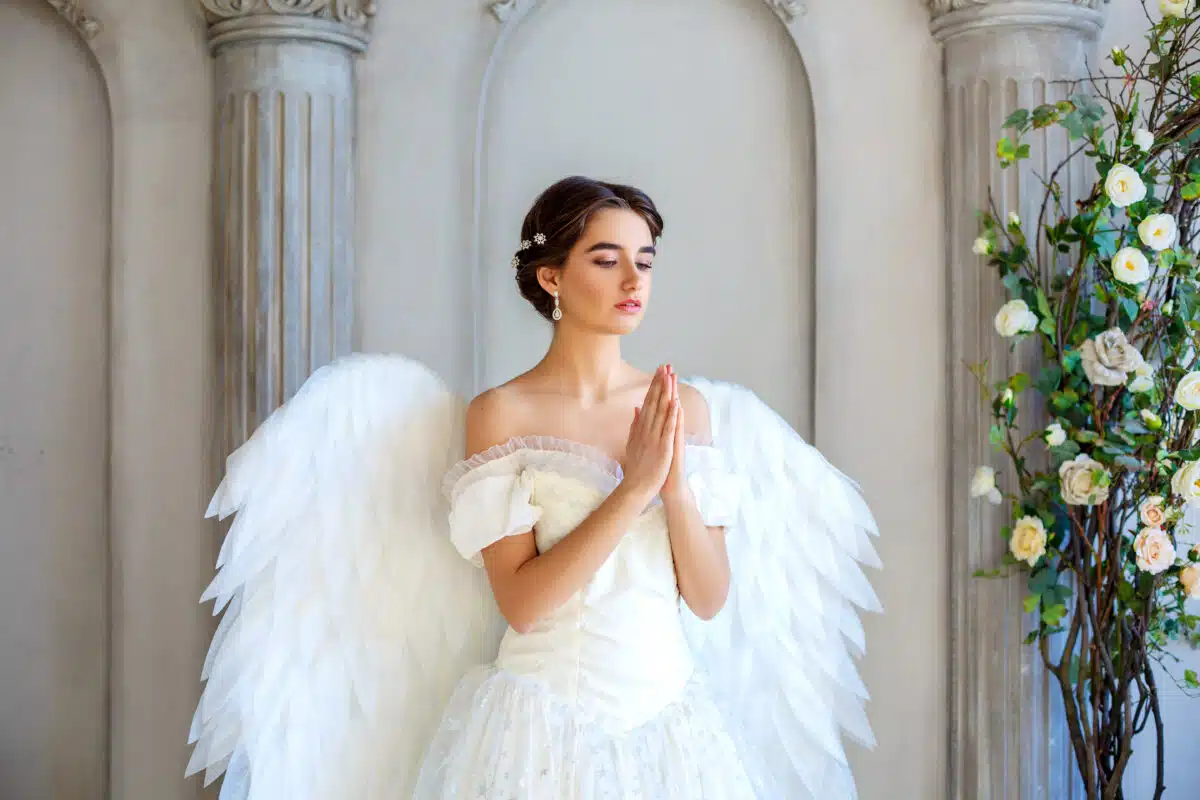
“God Is” by William Arthur Dunkerley (John Oxenham)
God is;
God sees;
God loves;
God knows.
And Right is Right;
And Right is Might.
In the full ripeness of His Time,
All these His vast prepotencies
Shall round their grace-work to the prime
Of full accomplishment,
And we shall see the plan sublime
Of His beneficent intent.
Live on in hope!
Press on in faith!
Love conquers all things,
Even Death.
“God’s Anger.” by Robert Herrick
God can’t be wrathful: but we may conclude
Wrathful He may be by similitude:
God’s wrathful said to be, when He doth do
That without wrath which wrath doth force us to.
“God.” by Robert Herrick
God, as the learned Damascene doth write,
A sea of substance is, indefinite.
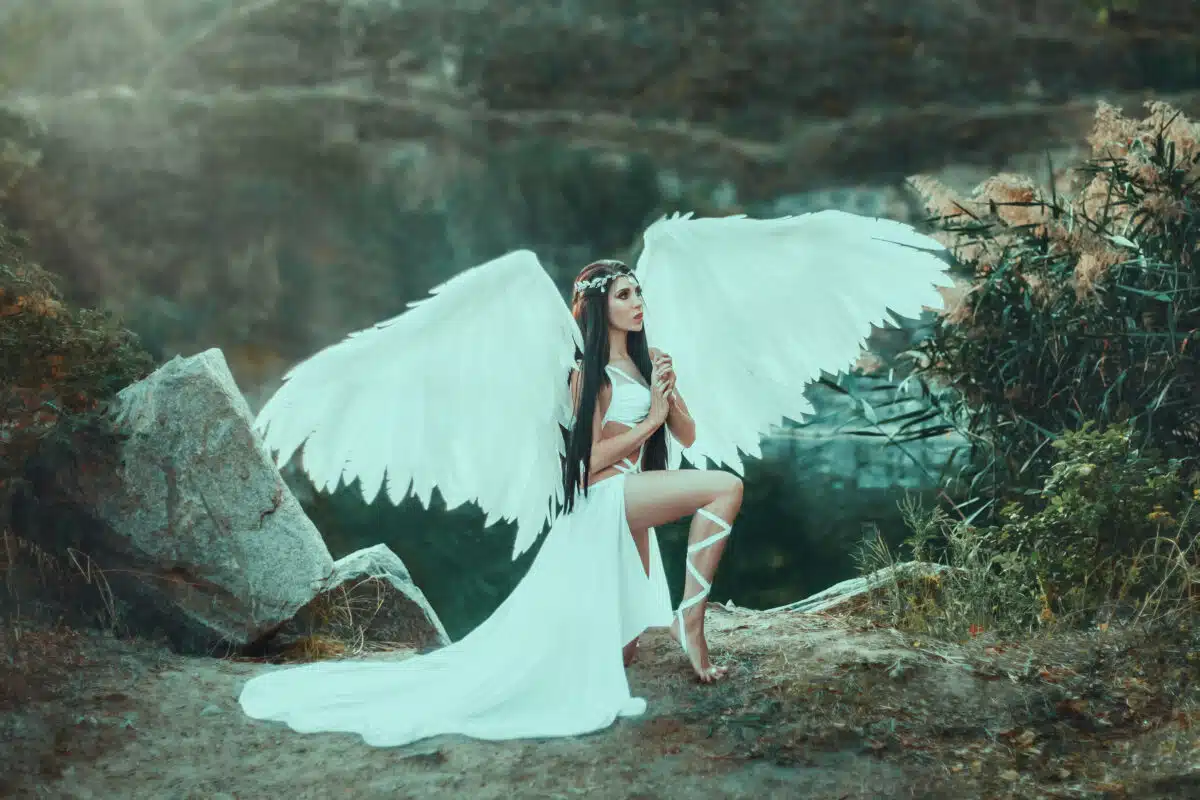
“God” by Walt Whitman
Thought of the Infinite – the All!
Be thou my God.
Lover Divine, and Perfect Comrade!
Waiting, content, invisible yet, but certain,
Be thou my God.
Thou – thou, the Ideal Man!
Fair, able, beautiful, content, and loving,
Complete in Body, and dilate in Spirit,
Be thou my God.
O Death – (for Life has served its turn;)
Opener and usher to the heavenly mansion!
Be thou my God.
Aught, aught, of mightiest, best, I see, conceive, or know,
(To break the stagnant tie – thee, thee to free, O Soul,)
Be thou my God.
Or thee, Old Cause, when’er advancing;
All great Ideas, the races’ aspirations,
All that exalts, releases thee, my Soul!
All heroisms, deeds of rapt enthusiasts,
Be ye my Gods!
Or Time and Space!
Or shape of Earth, divine and wondrous!
Or shape in I myself – or some fair shape, I, viewing, worship,
Or lustrous orb of Sun, or star by night:
Be ye my Gods.
“God, And Lord.” by Robert Herrick
God is His name of nature; but that word
Implies His power when He’s called the Lord.
Poems About Christian Character
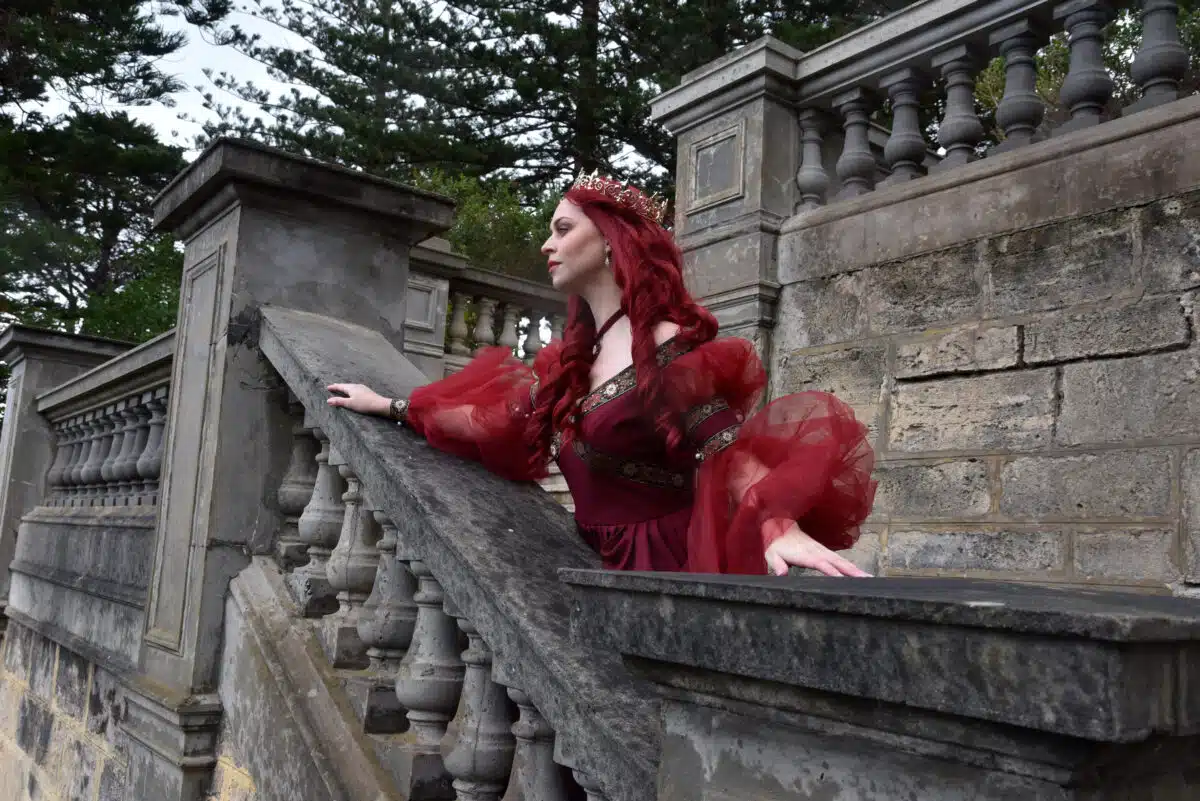
“Good Christians” by Robert Herrick
Play their offensive and defensive parts,
Till they be hid o’er with a wood of darts.
“The Christian.” by William Cowper
Honor and happiness unite
To make the Christian’s name a praise;
How fair the scene, how clear the light,
That fills the remnant of His days!
A kingly character He bears,
No change His priestly office knows;
Unfading is the crown He wears,
His joys can never reach a close.
Adorn’d with glory from on high,
Salvation shines upon His face;
His robe is of the ethereal dye,
His steps are dignity and grace.
Inferior honors He disdains,
Nor stoops to take applause from earth;
The King of kings Himself maintains
The expenses of His heavenly birth.
The noblest creature seen below,
Ordain’d to fill a throne above;
God gives him all He can bestow,
His kingdom of eternal love!
My soul is ravished at the thought!
Methinks from earth I see Him rise!
Angels congratulate His lot,
And shout Him welcome to the skies.
“The Christian Militant.” by Robert Herrick
A man prepar’d against all ills to come,
That dares to dead the fire of martyrdom;
That sleeps at home, and sailing there at ease,
Fears not the fierce sedition of the seas;
That’s counter-proof against the farm’s mishaps,
Undreadful too of courtly thunderclaps;
That wears one face, like heaven, and never shows
A change when fortune either comes or goes;
That keeps his own strong guard in the despite
Of what can hurt by day or harm by night;
That takes and re-delivers every stroke
Of chance (as made up all of rock and oak);
That sighs at others’ death, smiles at his own
Most dire and horrid crucifixion.
Who for true glory suffers thus, we grant
Him to be here our Christian militant.
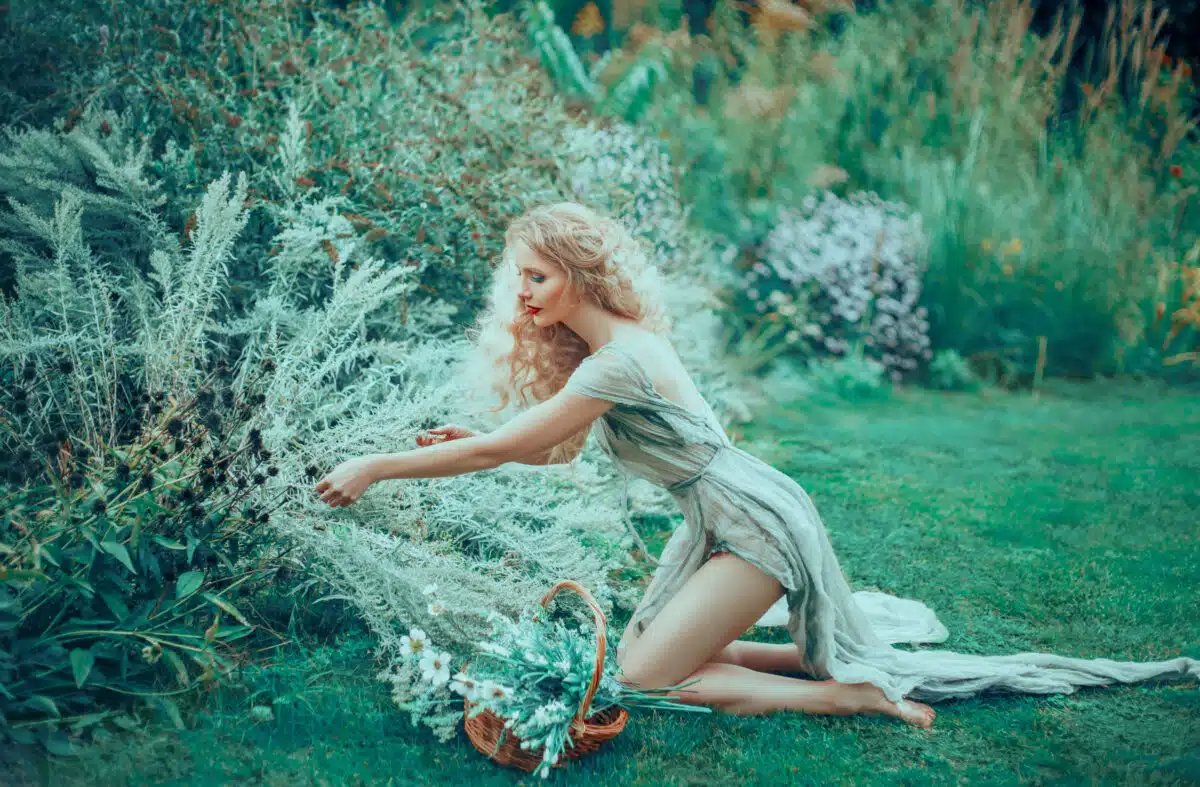
“The Character of a Good Parson” by John Dryden
A Parish Priest Was of the Pilgrim Train;
An Awful, Reverend, and Religious Man.
His Eyes Diffused a Venerable Grace,
And Charity Itself Was in His Face.
Rich Was His Soul, Though His Attire Was Poor;
(As God Had Clothed His Own Ambassador;)
For Such, on Earth, His Bless’d Redeemer Bore.
Of Sixty Years He Seem’d; And Well Might Last
To Sixty More, but That He Lived Too Fast;
Refined Himself to Soul, to Curb the Sense;
And Made Almost a Sin of Abstinence,
Yet, Had His Aspect Nothing of Severe,
But Such a Face as Promised Him Sincere.
Nothing Reserved or Sullen Was to See;
But Sweet Regards, and Pleasing Sanctity:
Mild Was His Accent, and His Action Free.
With Eloquence Innate His Tongue Was Arm’d;
Though Harsh the Precept, Yet the Preacher Charm’d.
For Letting Down the Golden Chain From High,
He Drew His Audience Upward to the Sky;
And Oft, With Holy Hymns, He Charm’d Their Ears:
(A Music More Melodious Than the Spheres.)
For David Left Him, When He Went to Rest,
His Lyre; And After Him He Sung the Best.
He Bore His Great Commission in His Look:
But Sweetly Temper’d Awe; And Soften’d All He Spoke.
He Preach’d the Joys of Heaven, and Pains of Hell;
And Warn’d the Sinner With Becoming Zeal;
But on Eternal Mercy Loved to Dwell.
He Taught the Gospel Rather Than the Law,
And Forced Himself to Drive: But Loved to Draw.
For Fear but Freezes Minds; But Love, Like Heat,
Exhales the Soul Sublime, to Seek Her Native Seat.
To Threats the Stubborn Sinner Oft Is Hard,
Wrapp’d in His Crimes, Against the Storm Prepared;
But, When the Milder Beams of Mercy Play,
He Melts, and Throws His Cumbrous Cloak Away,
Lightning and Thunder (Heaven’s Artillery)
As Harbingers Before the Almighty Fly:
Those but Proclaim His Style, and Disappear;
The Stiller Sound Succeeds, and God Is There.
The Tithes, His Parish Freely Paid, He Took;
But Never Sued, or Cursed With Bell and Book.
With Patience Bearing Wrong; But Offering None:
Since Every Man Is Free to Lose His Own.
The Country Churls, According to Their Kind,
(Who Grudge Their Dues, and Love to Be Behind),
The Less He Sought His Offerings, Pinch’d the More,
And Praised a Priest Contented to Be Poor.
Yet of His Little He Had Some to Spare,
To Feed the Famish’d, and to Clothe the Bare;
For Mortified He Was to That Degree,
A Poorer Than Himself He Would Not See.
True Priests, He Said, and Preachers of the Word,
Were Only Stewards of Their Sovereign Lord:
Nothing Was Theirs; But All the Public Store;
Intrusted Riches, to Relieve the Poor:
Who, Should They Steal for Want of His Relief,
He Judged Himself Accomplice With the Thief.
Wide Was His Parish; Not Contracted Close
In Streets, but Here and There a Straggling House;
Yet Still He Was at Hand, Without Request,
To Serve the Sick; To Succour the Distress’d:
Tempting, on Foot, Alone, Without Affright,
The Dangers of a Dark Tempestuous Night.
All This the Good Old Man Perform’d Alone,
Nor Spared His Pains; For Curate He Had None:
Nor Durst He Trust Another With His Care;
Nor Rode Himself to Paul’s, the Public Fair,
To Chaffer for Preferment With His Gold,
Where Bishoprics and Sinecures Are Sold:
But Duly Watch’d His Flock, by Night and Day,
And From the Prowling Wolf Redeem’d the Prey;
And Hungry Sent the Wily Fox Away.
The Proud He Tamed, the Penitent He Cheer’d;
Nor to Rebuke the Rich Offender Fear’d.
His Preaching Much, but More His Practice Wrought;
(A Living Sermon of the Truths He Taught);
For This by Rules Severe His Life He Squared,
That All Might See the Doctrine Which They Heard.
For Priests, He Said, Are Patterns for the Rest:
(The Gold of Heaven, Who Bear the God Impress’d):
But When the Precious Coin Is Kept Unclean,
The Sovereign’s Image Is No Longer Seen.
If They Be Foul on Whom the People Trust,
Well May the Baser Brass Contract a Rust.
The Prelate for His Holy Life He Prized;
The Worldly Pomp of Prelacy Despised:
His Saviour Came Not With a Gaudy Show;
Nor Was His Kingdom of the World Below.
Patience in Want, and Poverty of Mind,
These Marks of Church and Churchmen He Design’d,
And Living Taught, and Dying Left Behind.
The Crown He Wore Was of the Pointed Thorn:
In Purple He Was Crucified, Not Born.
They Who Contend for Place and High Degree,
Are Not His Sons, but Those of Zebedee.
Not but He Knew the Signs of Earthly Power
Might Well Become Saint Peter’s Successor;
The Holy Father Holds a Double Reign,
The Prince May Keep His Pomp, the Fisher Must Be Plain.
Such Was the Saint, Who Shone With Every Grace,
Reflecting, Moses’-Like, His Maker’s Face.
God Saw His Image Lively Was Express’d;
And His Own Work, as in Creation, Bless’d.
The Tempter Saw Him Too, With Envious Eye;
And, as on Job, Demanded Leave to Try.
He Took the Time When Richard Was Deposed,
And High and Low With Happy Harry Closed.
This Prince, Though Great in Arms, the Priest Withstood:
Near Though He Was, Yet Not the Next of Blood.
Had Richard, Unconstrain’d, Resign’d the Throne,
A King Can Give No More Than Is His Own:
The Title Stood Entail’d, Had Richard Had a Son.
Conquest, an Odious Name, Was Laid Aside,
Where All Submitted, None the Battle Tried.
The Senseless Plea of Right by Providence
Was, by a Flattering Priest, Invented Since;
And Lasts No Longer Than the Present Sway;
But Justifies the Next Who Comes in Play.
The People’s Right Remains; Let Those Who Dare
Dispute Their Power, When They the Judges Are.
He Join’d Not in Their Choice, Because He Knew
Worse Might, and Often Did, From Change Ensue.
Much to Himself He Thought; But Little Spoke;
And, Undeprived, His Benefice Forsook.
Now, Through the Land, His Cure of Souls He Stretch’d;
And Like a Primitive Apostle Preach’d:
Still Cheerful; Ever Constant to His Call;
By Many Follow’d; Loved by Most, Admired by All.
With What He Begg’d, His Brethren He Relieved:
And Gave the Charities Himself Received.
Gave, While He Taught; And Edified the More,
Because He Showed, by Proof, ‘Twas Easy to Be Poor.
He Went Not With the Crowd to See a Shrine;
But Fed Us, by the Way, With Food Divine.
In Deference to His Virtues, I Forbear
To Show You What the Rest in Orders Were:
This Brilliant Is So Spotless and So Bright,
He Needs No Foil, but Shines by His Own Proper Light.
Famous Poems About Character
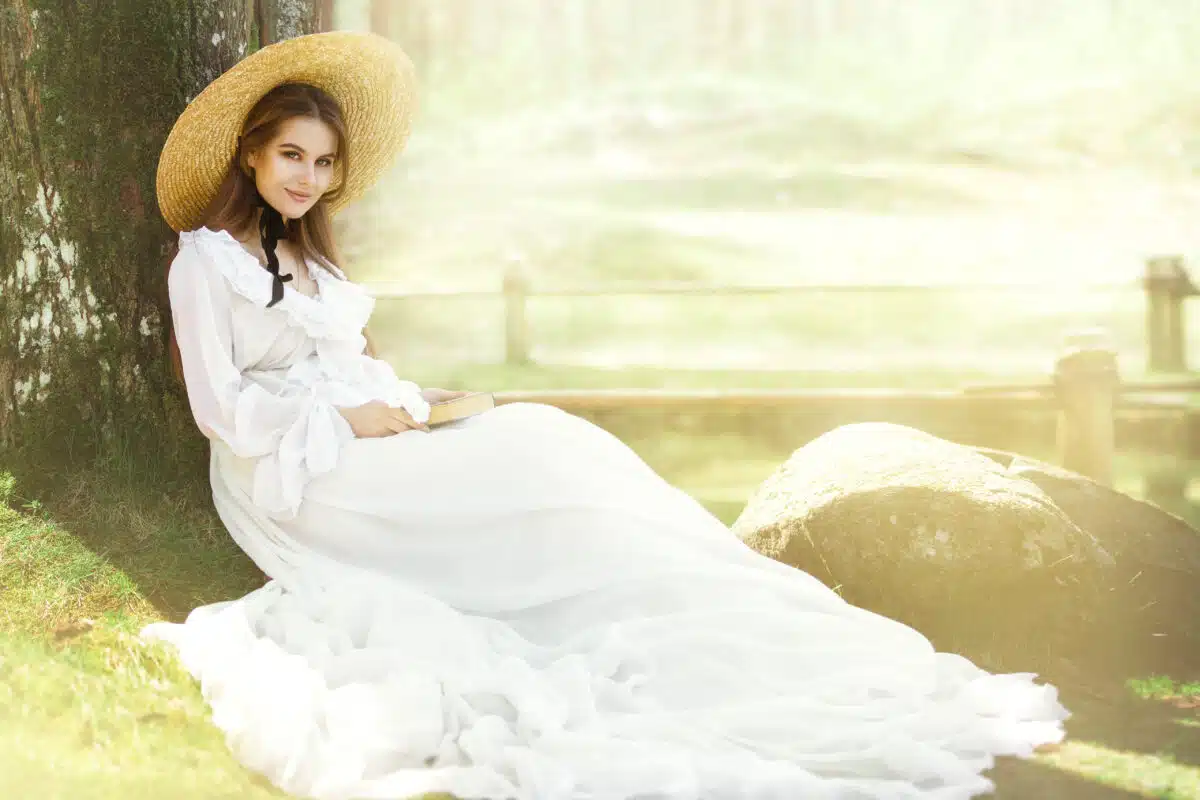
“Character” by Ralph Waldo Emerson
The sun set, but set not his hope:
Stars rose; his faith was earlier up:
Fixed on the enormous galaxy,
Deeper and older seemed his eye;
And matched his sufferance sublime
The taciturnity of time.
He spoke, and words more soft than rain
Brought the Age of Gold again:
His action won such reverence sweet
As hid all measure of the feat.
“A Character” by Alfred Lord Tennyson
With a half-glance upon the sky
At night he said, ‘The wanderings
Of this most intricate Universe
Teach me the nothingness of things.’
Yet could not all creation pierce
Beyond the bottom of his eye.
He spake of beauty: that the dull
Saw no divinity in grass,
Life in dead stones, or spirit in air;
Then looking as ’twere in a glass,
He smooth’d his chin and sleek’d his hair,
And said the earth was beautiful.
He spake of virtue: not the gods
More purely, when they wish to charm
Pallas and Juno sitting by:
And with a sweeping of the arm,
And a lack-lustre dead-blue eye,
Devolved his rounded periods.
Most delicately hour by hour
He canvass’d human mysteries,
And trod on silk, as if the winds
Blew his own praises in his eyes,
And stood aloof from other minds
In impotence of fancied power.
With lips depress’d as he were meek,
Himself unto himself he sold:
Upon himself himself did feed:
Quiet, dispassionate, and cold,
And other than his form of creed,
With chisell’d features clear and sleek.
“Character of Zimri” by John Dryden
“A man so various, that he seemed to be
Not one, but all mankind’s epitome:
Stiff in opinions, always in the wrong;
Was everything by starts, and nothing long;
But, in the course of one revolving moon,
Was chymist, fiddler, statesman and buffoon.”
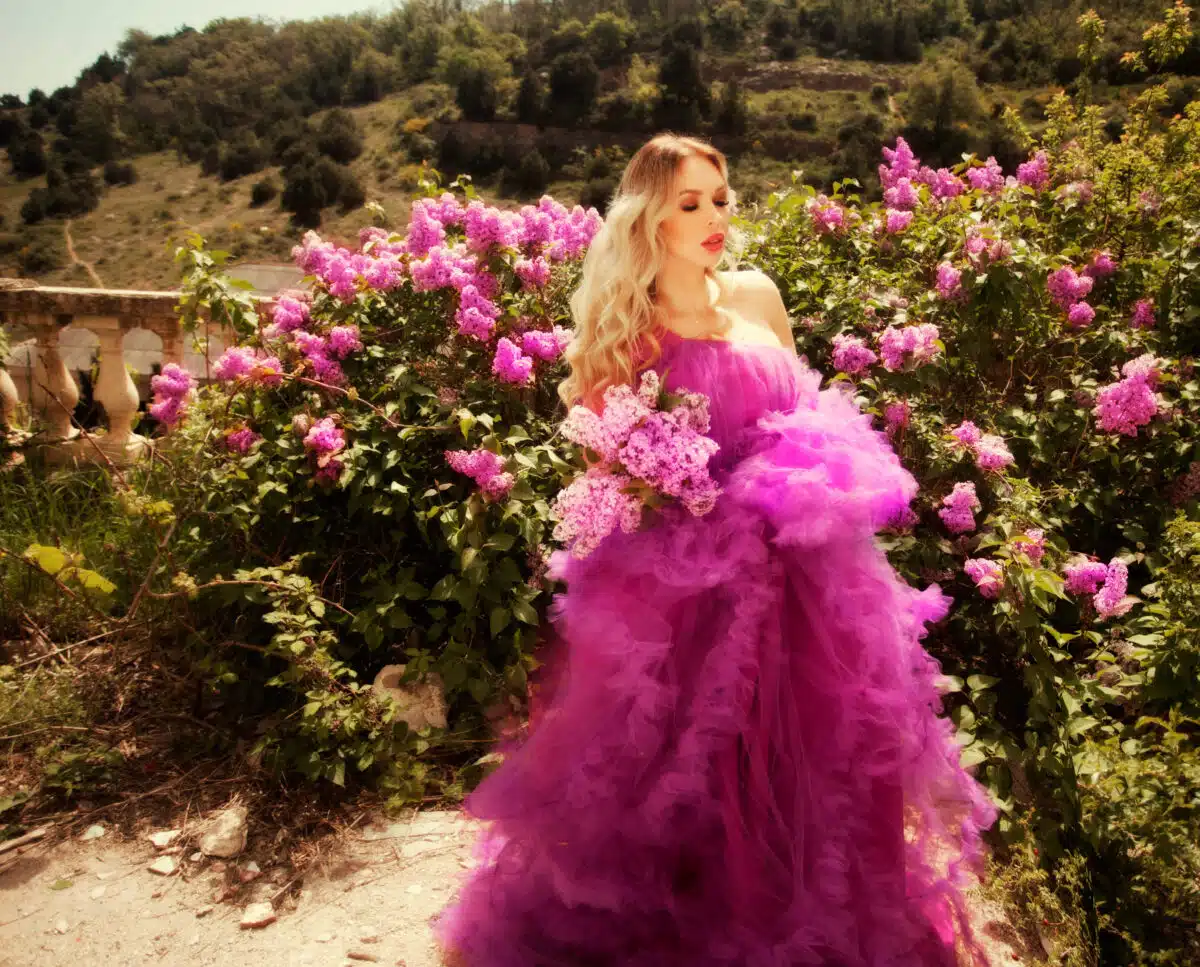
“The Character of a Happy Life” by Sir Henry Wotton
How happy is he born and taught
That serveth not another’s will;
Whose armour is his honest thought,
And simple truth his utmost skill!
Whose passions not his masters are;
Whose soul is still prepared for death,
Untied unto the world by care
Of public fame or private breath;
Who envies none that chance doth raise,
Nor vice; who never understood
How deepest wounds are given by praise;
Nor rules of state, but rules of good;
Who hath his life from rumours freed;
Whose conscience is his strong retreat;
Whose state can neither flatterers feed,
Nor ruin make oppressors great;
Who God doth late and early pray
More of His grace than gifts to lend;
And entertains the harmless day
With a religious book or friend;
—This man is freed from servile bands
Of hope to rise or fear to fall:
Lord of himself, though not of lands,
And having nothing, yet hath all.
“A Character.” by Samuel Rogers
As thro’ the hedge-row shade the violet steals,
And the sweet air its modest leaf reveals;
Her softer charms, but by their influence known,
Surprise all hearts, and mould them to her own.
